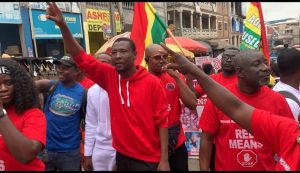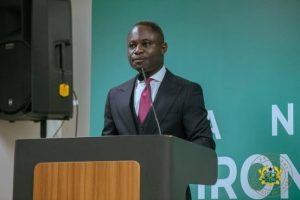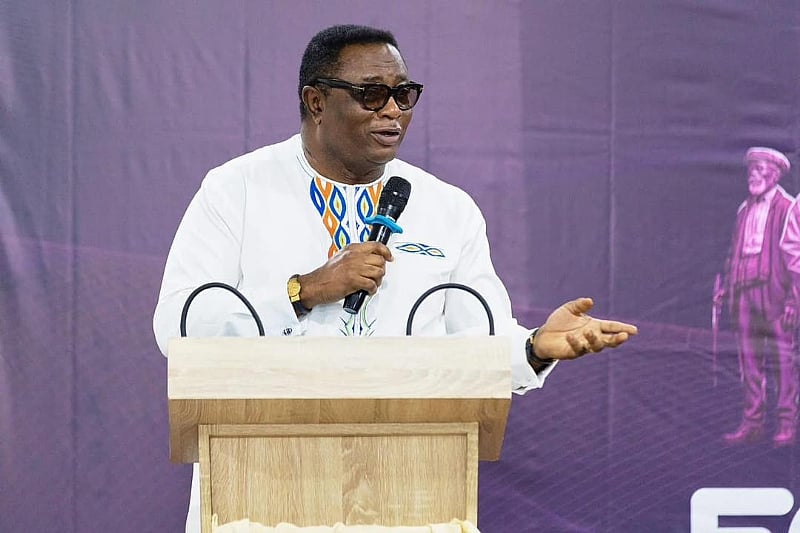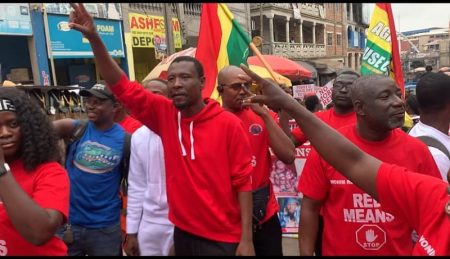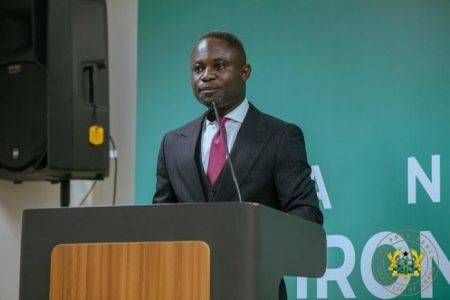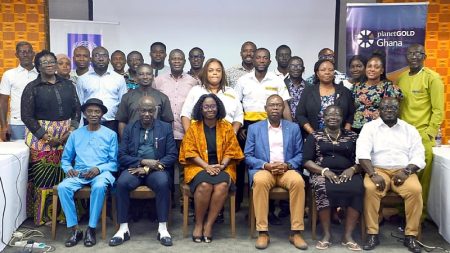Elvis Afriyie Ankrah, the Presidential Envoy for Inter-Faith and Ecumenical Relations in Ghana, has ignited a national conversation surrounding the role and nature of prophetic pronouncements in the country’s socio-political landscape. He has expressed a strong desire for prophecies that focus on national development and transformation, drawing parallels with successful Asian economies such as Malaysia, Singapore, and South Korea. Ankrah believes that prophecies should inspire hope and progress rather than dwell on negative predictions and doomsday scenarios. He has unequivocally stated that his office isn’t a repository for prophecies of doom and gloom, but rather a platform for visions that can propel Ghana towards prosperity. He encourages prophets to channel their spiritual insights towards contributing to the nation’s advancement and paints a picture of a future Ghana mirrored in the success stories of these Asian tigers.
Ankrah’s perspective highlights a growing sentiment in some quarters of Ghanaian society, where a segment of the population has grown weary of prophecies that often focus on death, disaster, and political upheaval. These prophecies, frequently delivered with dramatic flair and publicized widely, often generate anxiety and fear, potentially impacting social stability. Ankrah’s call for prophecies of national transformation represents a desire to shift the focus from the negative to the positive, encouraging spiritual leaders to contribute to a more hopeful and constructive national narrative. This repositioning of prophetic pronouncements aims to harness the influence of religious figures towards nation-building and fostering a sense of collective purpose and optimism.
This call for a more constructive approach to prophecy was further emphasized by a directive issued from Ankrah’s office, requesting prophets to formally submit prophecies concerning high-profile personalities or matters of national security to the Inter-Faith and Ecumenical Relations Office. This initiative reflects the government’s attempt to establish a more structured and responsible approach to handling prophetic pronouncements, particularly those with potential national implications. The aim is to ensure that such revelations are carefully reviewed and addressed appropriately, mitigating any potential negative consequences. The directive underscores the government’s recognition of the significant influence religious leaders wield in Ghana and the importance of managing their pronouncements within a framework that safeguards national security and public stability.
The rationale behind this directive becomes even more evident when considering the context of recent events in Ghana. Reports surfaced alleging that some prophets had foreseen the tragic helicopter crash of August 6th, which claimed the lives of eight Ghanaians, including government officials, military personnel, and NDC executives. Such pronouncements, especially in the aftermath of a national tragedy, can exacerbate grief and potentially fuel speculation and unrest. The government’s move to establish a formal channel for reviewing prophecies aims to prevent the misuse of such pronouncements and to ensure that they are handled with sensitivity and responsibility.
The directive issued by Ankrah’s office, acting on behalf of President John Dramani Mahama, specifically urges church leaders to guide the prophets under their oversight to share only prophecies of national importance for “urgent review and appropriate escalation.” This highlights the collaborative approach the government is seeking to adopt, recognizing the role of religious institutions in managing the conduct of their members. It emphasizes the need for a partnership between the government and religious bodies to ensure that prophetic pronouncements contribute positively to national discourse and do not undermine public order or national security. This collaborative approach seeks to strike a balance between respecting religious freedom and maintaining social harmony.
In essence, Elvis Afriyie Ankrah’s pronouncements and the subsequent directive from his office represent a significant step towards redefining the role of prophecy within the Ghanaian context. They signify a move away from sensationalized predictions of doom and gloom towards a more constructive and nation-building approach. The government is seeking to establish a framework that encourages responsible prophetic pronouncements while safeguarding national security and public stability. This initiative reflects a broader societal desire for a more hopeful and forward-looking narrative, where spiritual leaders contribute to national development and inspire a shared vision of a prosperous future for Ghana. The ongoing dialogue surrounding this issue reflects the complex interplay between religious freedom, public safety, and the search for national unity and progress.


